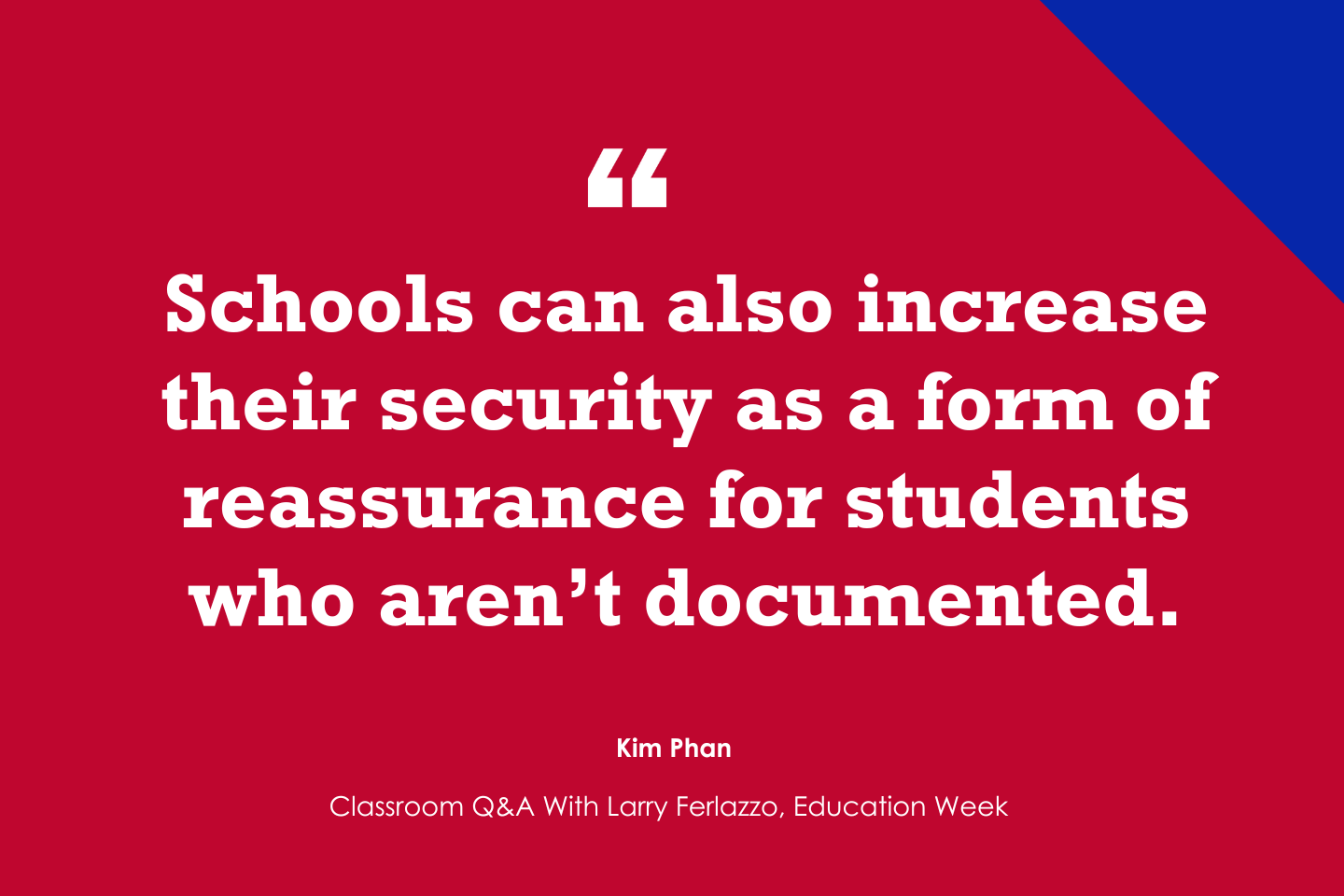“If you build it, they will come,” held true for the 1989 movie Field of Dreams but does not necessarily apply to online courses and programs. While higher education institutions have increased the number of online courses and programs they offer, the offerings do not all lead to successful retention or completion. Studies have shown that percentages for non-completion are greater for online courses than for traditional programs (e.g., Bawa, 2016; Radovan, 2018; Seery, Barreda, Hein and Hiller, 2021). Non-completion of courses and programs is problematic for institutions, faculty or academic programs, and students. So, what can be done to bolster online course retention across institutions?
Understanding the Barriers to Online Course Retention
Studies of retention have revealed a variety of factors leading to non-completion. Student characteristics and barriers to retention have been identified and explored by a number of authors (e.g., Radovan, 2019; Muljana & Luo, 2019; Rovai, 2003; Seery, Barreda, Hein & Hiller, 2021).
In addition to life-related factors–such as lack of academic preparation, work and family commitments, and limited financial resources—other areas for institutional action and further research to support student retention (Stevens and Mora, 2018; and Stephen and Rockinson-Szapkiw, 2022) include:
Academic help-seeking behaviors
Feelings of self-efficacy
Processes for self-regulated learning
While it is common to think of the current generation of students as computer literate and internet savvy, students in online courses may not be familiar with the organization and use of learning management systems. So, effective computer usage may also be a barrier to student completion and success (Bawa, 2016; Landrum, 2020).
Methods for Increasing Online Course Retention
Research has shown increasing retention to be a multi-faceted challenge with multiple roles to be played by faculty, staff, and institutions, as outlined by Muljana & Luo (2019) and Seery, Barreda, Hein & Hiller (2021).
Aside from retention efforts grounded in institutional policies, online course practice, and academic and student services, some writers have also pointed to the use of required orientation programs to prepare students for success in online learning (Bawa, 2016; Abdous, 2019; Muljana & Luo, 2019; Stephen and Rockinson-Szapkiw, 2021).
Boosting retention through educational exercises
The purpose of this article is to offer a simple exercise that could be used by academic advisors, student learning centers, or individual students with the goal of triggering thoughts and actions that can support online learning. The activity is framed as a comparison between planning a life event and making the most of an online course, reframing strategies and resources for online success in a conversational and familiar way.
The outcomes intended for the exercise are to help students to:
Consider personal and course-related time commitments
Understand how the course is organized and what content and assignments are included
Locate resources for learning and support within and outside of the course
View help-seeking as useful for success as a student
Make connections between course content and their educational and career goals
Below is a sample of the text used in this exercise as it would be provided to students. Wishing your students enjoyable and productive travels through their online courses!
Example: Charting a Path to Online Success
Taking an online course is a bit like planning and carrying out a trip or personal project. This handout will compare these sorts of activities and suggest ways to help you carry out and reach your goal.
Planning the Trip
However large or small the project—a vacation, a family gathering, a move to a new apartment or house—there will be lots to do, and it all needs to fit in with everything else going on in your life.
So planning begins with looking at everything else on your calendar—family, sports, jobs, coursework tests, and assignments—and seeing what needs to be done and when. What obligations and timelines inside and outside of your courses are on your personal calendar?
Use the space below to capture key projects and dates to keep in mind as you prepare to start work on your online course.
Previewing the Path
Most projects or trips can be approached in more than one way. So, for road trips, we check online maps with suggested routes and required travel times and compare possibilities to see what works best with our goals and style. For family gatherings or sports events, we check calendars to see what events might cross with each other or allow the most preparation time.
A first step when starting an online course is to get an overview of the course—modules or units, assignments, deadlines, and so forth. While faculty may be using the same learning management system, course set-ups can vary by instructor and subject.
Click on every link that can be opened, but don’t dig in to begin reading or planning. The goal is to get the big picture, not to get into all the details (which can be overwhelming!).
Use the space below to note any impressions, questions that arise, or sections you might want to explore in more detail later.
Using Your GPS
If you are traveling by car, you can use your GPS to guide your travel or discover alternate routes if you unexpectedly come across closed roads or stretches of road repairs. If you are planning an event, you might seek advice from someone who did something similar before.
Your GPS in an online course includes the various strategies for Getting Personal Support that may be built into course modules or linked at various points within your online course. Some things that fall into the category of personal support for completing your course include:
Explanations related to course technology
Intended learning outcomes and grading for the course, units, or assignments
Tips for carrying out course activities or doing assignments
Links to assignment resources and to student support services on campus (health, finances, clubs and organizations, etc.)
Use the space below to note what you saw as you clicked through links on the course web page that looked like they might be helpful as you begin to work your way through the course.
Rest Stops and Observation Points
When you are on a road trip, you stop sometimes to take a break, review your progress so far, or just enjoy the scenery. While you are planning or remembering a family event or personal project, you may stop now and then to review approaches, success, and thoughts for possible future events.
Use this space for notes for yourself or things to add to your to-do list, e.g., questions for the instructor or someone else who has taken the course or is currently taking it, assignments related to particular interests or concerns, ways the course content and assignments fit with your academic path or career goals, ideas for future courses to take, etc.!
Donna Vinton, PhD, is currently serving as an online course instructor for the University of Northern Iowa. She has a PhD in higher education administration from the University of Iowa, including courses in adult and continuing education.
References:
Abdous, M’hammed. “Well begun is half done: Using online orientation to foster online students’ academic self-efficacy.” Online Learning 23, no. 3 (2019).
Bawa, Papia. “Retention in online courses: Exploring issues and solutions—A literature review.” Sage Open 6, no. 1 (2016): 2158244015621777.
Landrum, Brittany. “Examining Students’ Confidence to Learn Online, Self-Regulation Skills and Perceptions of Satisfaction and Usefulness of Online Classes.” Online Learning 24, no. 3 (2020): 128-146.
Muljana, Pauline S., and Tian Luo. “Factors contributing to student retention in online learning and recommended strategies for improvement: A systematic literature review.” Journal of Information Technology Education: Research 18 (2019).
Radovan, Marko. “Should I stay, or should I go? Revisiting student retention models in distance education.” Turkish Online Journal of Distance Education 20, no. 3 (2019): 29-40.
Rovai, Alfred P. “In search of higher persistence rates in distance education online programs.” The internet and higher education 6, no. 1 (2003): 1-16.
Seery, Katy, Albert A. Barreda, Stephanie G. Hein, and Jokima L. Hiller. “Retention strategies for online students: A systematic literature review.” Journal of Global Education and Research 5, no. 1 (2021): 72-84.
Stephen, Jacqueline S., and Amanda J. Rockinson-Szapkiw. “A high-impact practice for online students: the use of a first-semester seminar course to promote self-regulation, self-direction, online learning self-efficacy.” Smart Learning Environments 8, no. 1 (2021): 6.
Stephen, Jacqueline S., Amanda J. Rockinson-Szapkiw, and Chelsie Dubay. “Persistence model of non-traditional online learners: Self-efficacy, self-regulation, and self-direction.” American Journal of Distance Education 34, no. 4 (2020): 306-321.
Stevens, Mark, and Peter Mora. “Factors influencing academic help seeking by college students.” Learning from the learners: Successful college students share their effective learning habits (2017): 213-228.
Wladis, Claire, Alyse C. Hachey, and Katherine Conway. “Time poverty: A hidden factor connecting online enrollment and college outcomes?” The Journal of Higher Education 94, no. 5 (2023): 609-637.
The post Charting a Path to Online Course Retention: An Exercise for Student Success appeared first on Faculty Focus | Higher Ed Teaching & Learning.
“If you build it, they will come,” held true for the 1989 movie Field of Dreams but does not necessarily apply to online courses and programs. While higher education institutions have increased the number of online courses and programs they offer, the offerings do not all lead to successful retention or completion. Studies have shown
The post Charting a Path to Online Course Retention: An Exercise for Student Success appeared first on Faculty Focus | Higher Ed Teaching & Learning. Online Course Delivery and Instruction, Online Education, online course delivery, online course retention, online student engagement, online student success, student success Faculty Focus | Higher Ed Teaching & Learning








